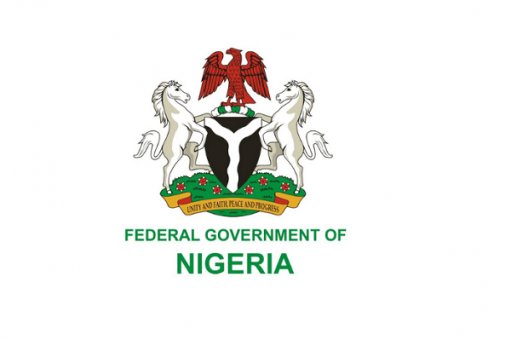Nigeria has introduced a new policy framework to strengthen the management of its growing public debt, with the Debt Management Office (DMO) announcing the approval of the Medium-Term Debt Management Strategy (MTDS) for 2024–2027.
The strategy, developed with technical support from the World Bank and the International Monetary Fund (IMF), received approval from the Federal Executive Council (FEC). It sets new benchmarks aimed at balancing government financing needs with long-term sustainability while minimizing costs and risks.
According to the DMO, the MTDS is designed to:
- Meet the government’s short- to medium-term financing and payment obligations
- Achieve an optimal debt portfolio mix
- Expand the domestic securities market through innovative debt instruments
Key Targets Under the New Strategy
- Extend average debt maturity to at least 10 years to reduce repayment pressure
- Cut foreign exchange-denominated debt to 45% of total debt, down from 51.75%, to lower exposure to currency risks
- Maintain the Debt-to-GDP ratio within a ceiling of 60% by 2027, up from 52.25% in 2024
The DMO stated that the MTDS will also promote market stability, encourage domestic borrowing, and support government efforts to finance infrastructure and social investments sustainably.
Analysts note that the strategy’s emphasis on longer tenors and domestic instruments aligns with global best practices, especially for emerging economies with volatile external debt exposure.















